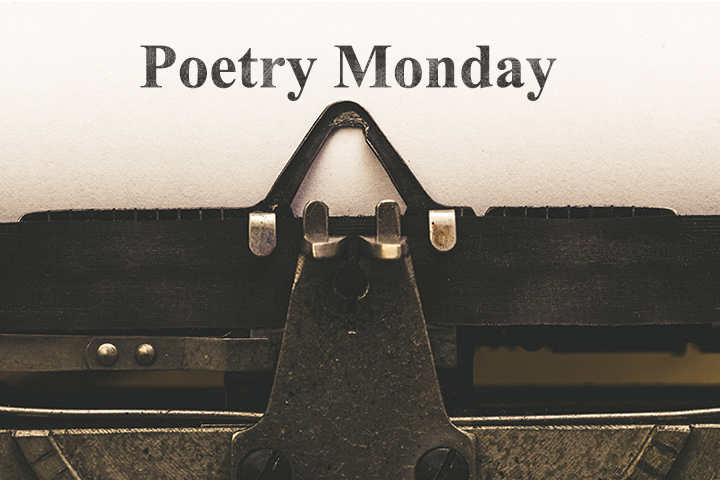This Monday’s poem is Stay by Jan Richardson.
Richardson is an artist, a poet, and an ordained minister. I just discovered she grew up not far from where I live, Gainesville, Florida. Her family has lived here for generations, and she continues to live in Florida, informed by the rural landscape, relationships and rich sense of place this state offers. I find her poetry filled with truth and hope, not shying away from grief, pain, loss, but still comforting and grounding. Her book Circle of Grace is on my nightstand.
Stay, by Jan Richardson
I know how your mind
rushes ahead
trying to fathom
what could follow this.
What will you do,
where will you go,
how will you live?
You will want
to outrun the grief.
You will want
to keep turning toward
the horizon,
watching for what was lost
to come back,
to return to you
and never leave again.
For now
hear me when I say
all you need to do
is to still yourself
is to turn toward one another
is to stay.
Wait
and see what comes
to fill
the gaping hole
in your chest.
Wait with your hands open
to receive what could never come
except to what is empty
and hollow.
You cannot know it now,
cannot even imagine
what lies ahead,
but I tell you
the day is coming
when breath will
fill your lungs
as it never has before
and with your own ears
you will hear words
coming to you new
and startling.
You will dream dreams
and you will see the world
ablaze with blessing.
Wait for it.
Still yourself.
Stay.
The words that resonated with me were “wait with your hands open to receive what could never come except to what is empty and hollow.”
I thought about how Universe abhors a void, and will always fill it.
But for it to be filled, we must be comfortable with loss, temporary emptiness.
Yet how often can we tolerate emptiness? Our culture practically screams at us from every platform to fill it, fill it, fill it. Distract, hustle, be productive, rush, improve, redo, remake, tap dance faster.
What an act of rebellion, to just…
Wait.
Stay.
Listen.
Open.
The other words that called out to me were “the day is coming when breath will fill your lungs as it never has before.”
I hear this literally and symbolically. COVID attacks the lungs. To lose breath is terrifying, as anyone with asthma, or a panic disorder, can attest. In traditional Chinese medicine, lungs are associated with grief. The grief our world is experiencing now is hard to fully comprehend. Like all therapists who study and treat PTSD, I know that the post-pandemic PTSD fallout, in particular for our heroic first responders, will swamp our resources in a new way. We therapists are preparing best we can. Our society needs to invest more resources in mental health, but that’s an essay for another day.
So — that’s where I go mentally, when thinking of the physicality, the anatomy of this pandemic.
When I think of it symbolically, I think about change. I think about the memo we all got mandating us to dance as fast as we can through life. And I think of the opportunity cost of that, and, the opportunity this pandemic pause gives us. An opportunity to rethink that.
Whose needs are we serving, when we rush and produce and perform and perfect like it’s our religion?
Is there a better way?
How can we take a collective deep, full breath for once, and really come alive to what our lives are meant for?
Will we stop long enough to dream a new world?
Those are my thoughts as I read this poem.
What about you?
Be well, wash your hands, and stay connected —
Lisa



